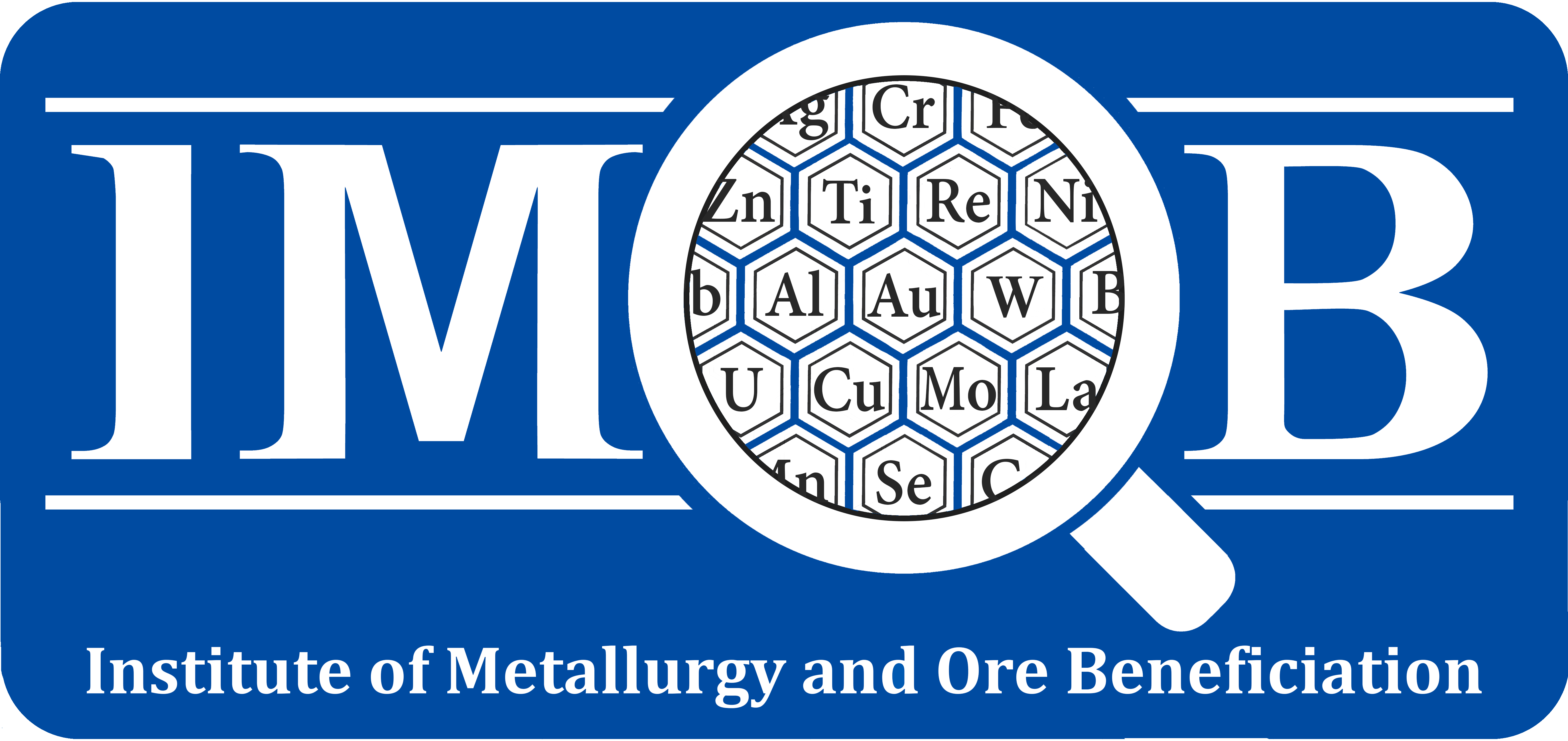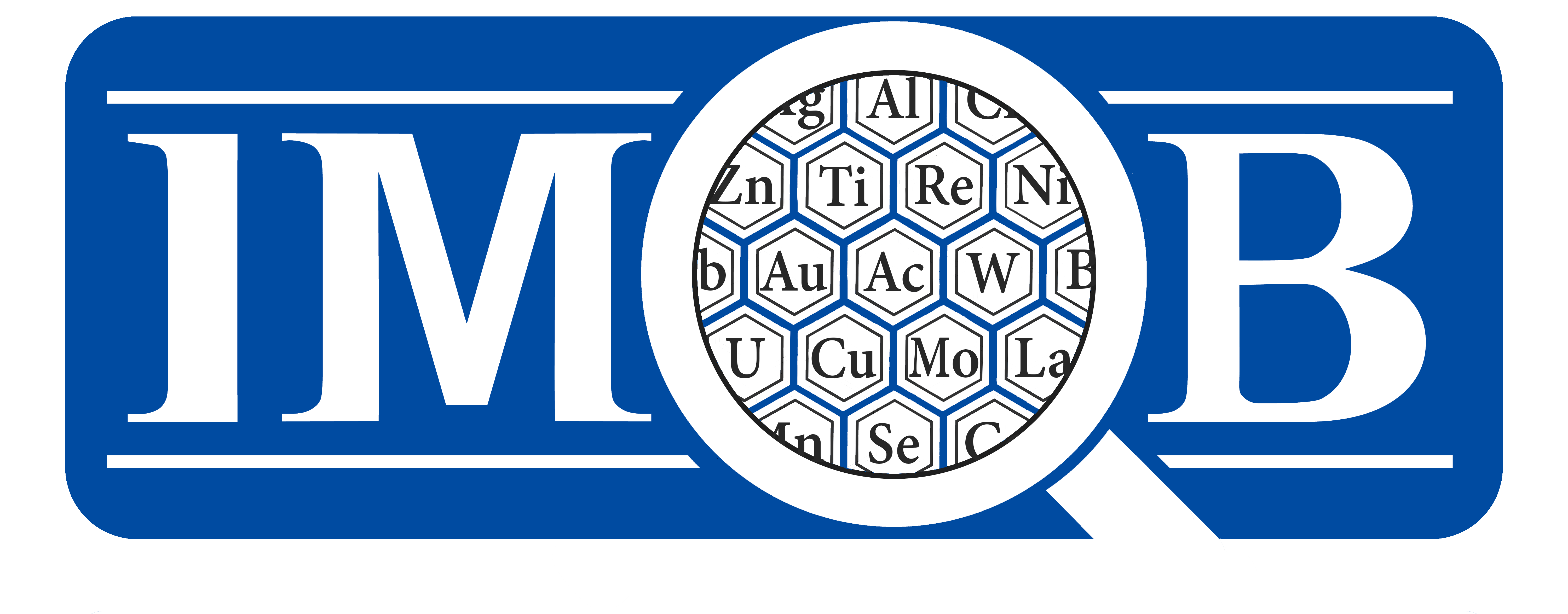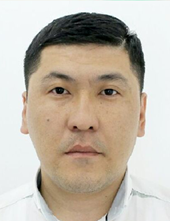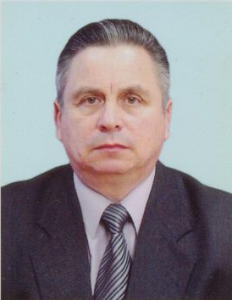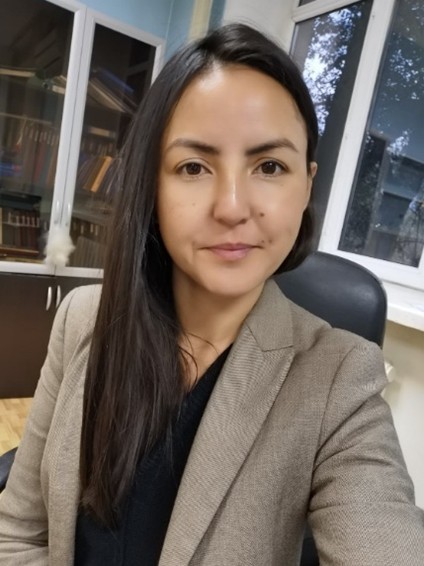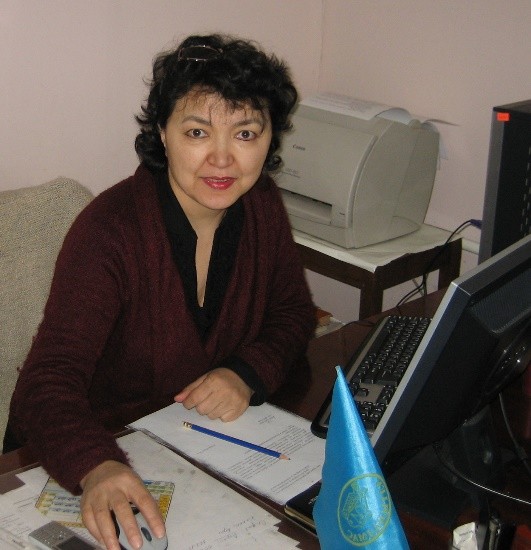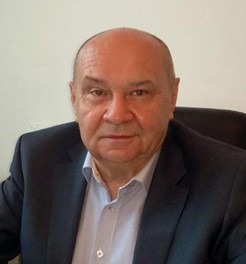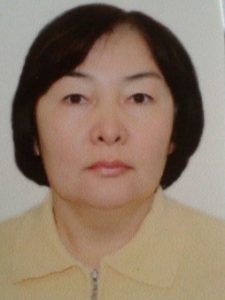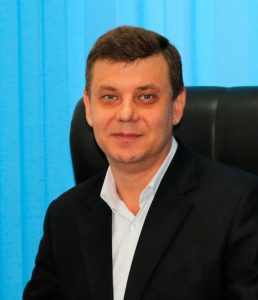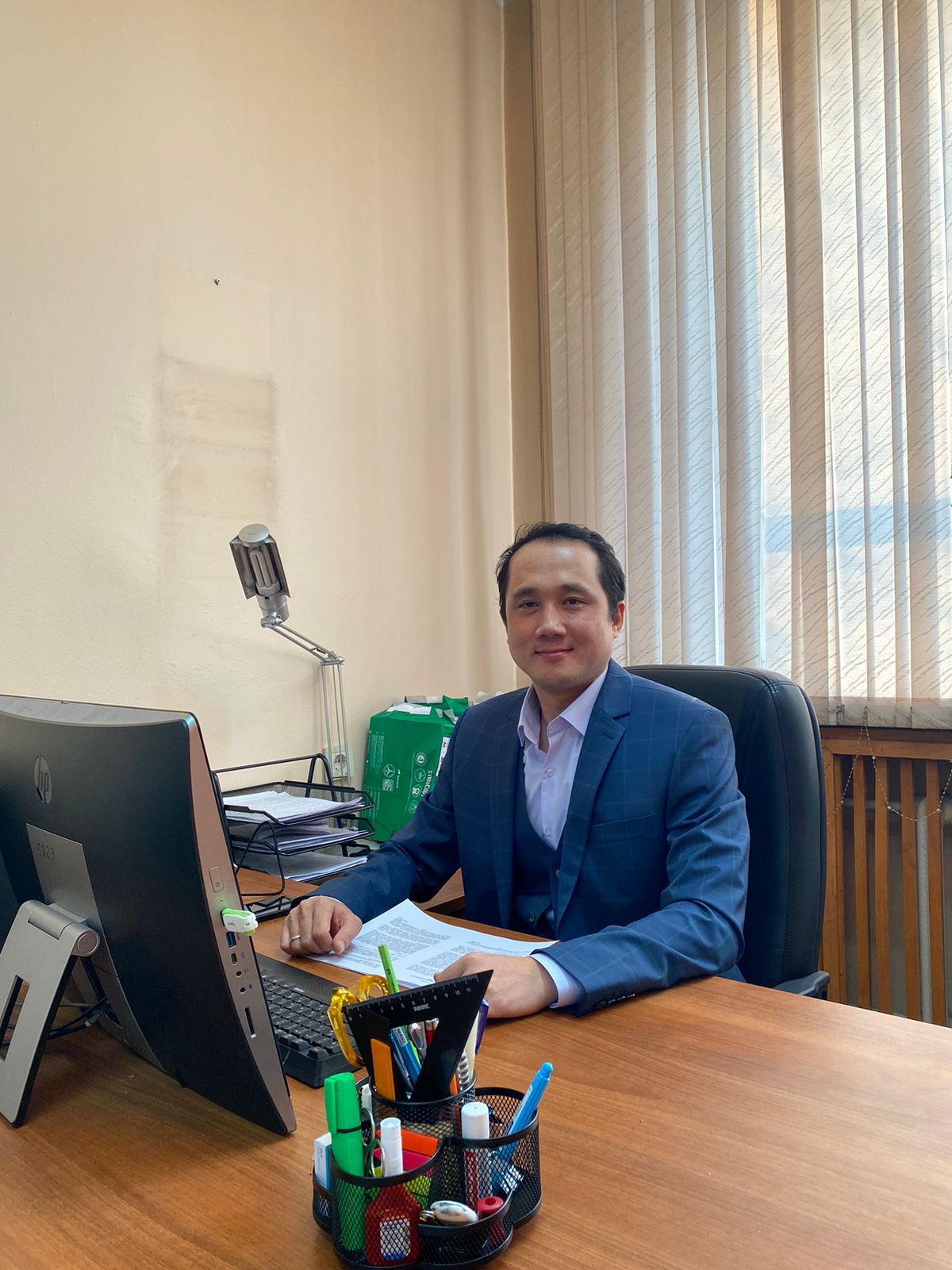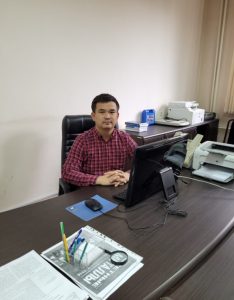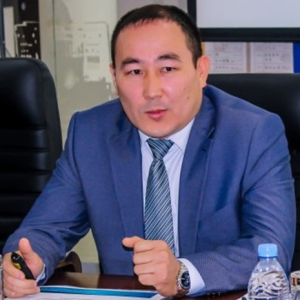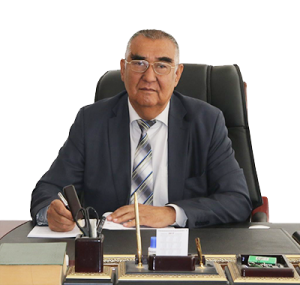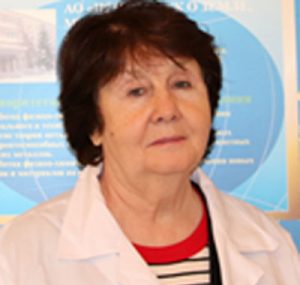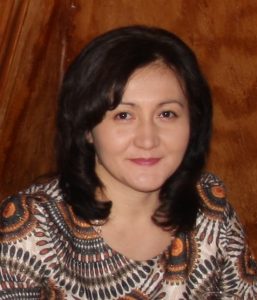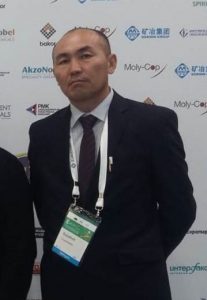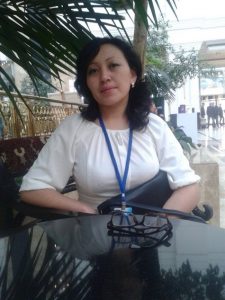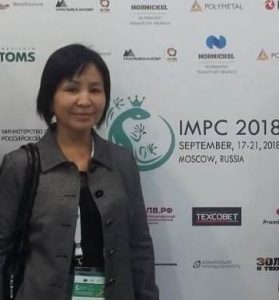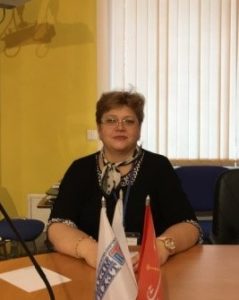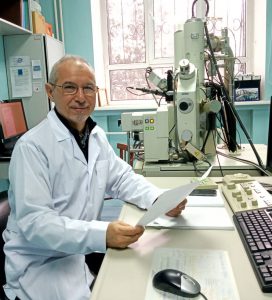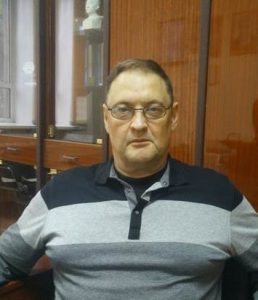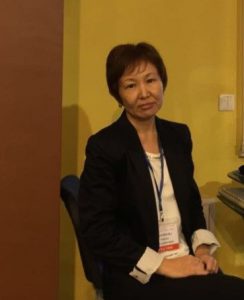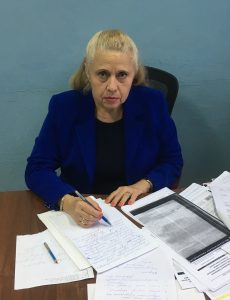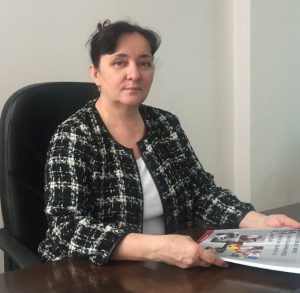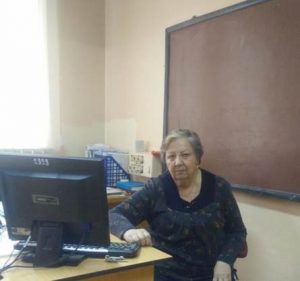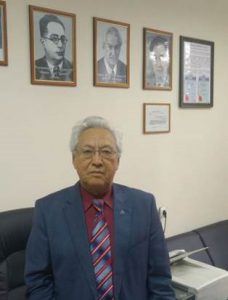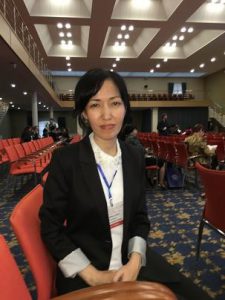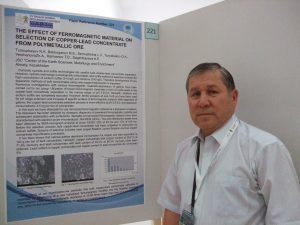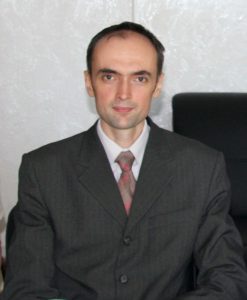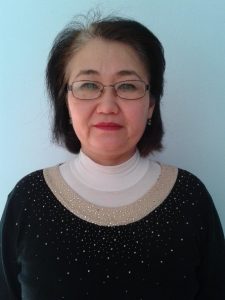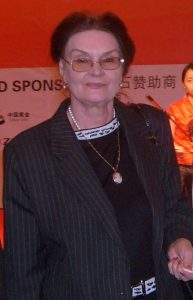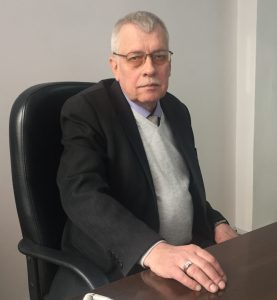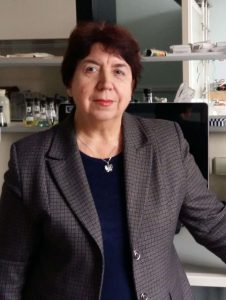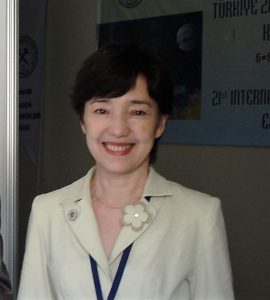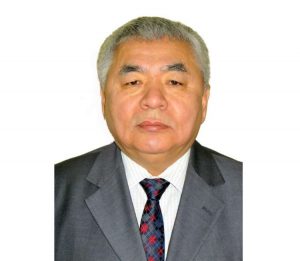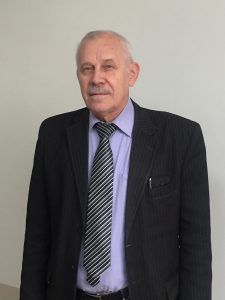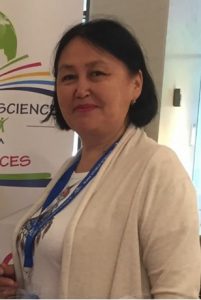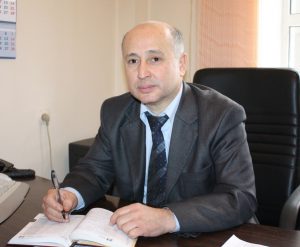AP19578854
Development of technology for the extraction of niobium from sublimates of dust chambers of titanium chlorinators
Project Manager:Yesengaziev A.M.
Relevance: Thousands of tons of solid chloride wastes are generated each year at titanium and magnesium production. It includes pulverized sludge from dust chambers of titanium chlorinators which have the highest niobium content. Niobium content in pulverized sludge of titanium chlorination plant dust chambers (DC) for 2005-2007 at Ust-Kamenogorsk Titanium-Magnesium Plant was 0,26 to 0,6%. The main task of the project is to extract niobium from DC sublimate into commodity niobium concentrate which has a sufficiently high price and demand on the world market. The main research approaches: The project will use modern chemical and physical-chemical methods which will solve the main scientific issues: to establish the optimal conditions for the sequential operations of the developed technology, to obtain new data on the leaching of DC sublimate solutions of mineral acids, the choice of extractant, extraction and re-extraction of niobium from solutions, deposition of niobium from re-extract with the production of niobium pentoxide. The approaches used in the project include descriptive research with scientific and technical literature and experimental research. Hydrolysis of DC titanium chlorides with water will be performed to convert chloride salts into solution and niobium into an oxide cake. Then acid leaching of cake with conversion of niobium to anionic form for extraction and re-extraction recovery will be performed, selection of precipitation reagent to obtain niobium pentoxide. Development of technological regimes during large-scale laboratory tests, drawing up a material balance, issuing initial data for the regulations and the development of the process flow. Practical significance of research results. The significance of the project on the national and international scale is implied in the production of marketable niobium concentrate, in the form of niobium pentoxide. As it is known, the main areas of niobium application are rocket and missile engineering, aviation and space equipment, radio engineering, electronics, chemical apparatus engineering, and nuclear power engineering. This niobium concentrate will be in demand as a feedstock for the domestic production of Ulba Metallurgical Plant JSC (UMP), as well as abroad. The research results will be new and promising in the field of metallurgical science.
Project goal: Development of technology intended for processing of titanium chlorine dust chamber sublimate with extraction of niobium pentaoxide into commercial concentrate. The project goal willbe achieved by transferring niobium from dust chambers sludge into acidic solution in anionic form followed by extraction, concentration and niobium pentaoxide production.
Objectives of the project:
-Study of the leaching process of pulverized chamber sublimate with extraction of niobium in solution;
-Study of extraction methods of processing acid leach solutions containing niobium;
-Development of a process flow with the extraction of niobium from sublimations of dust chambers of titanium chlorinators.
Expected results:
- the leaching process of pulverized chamber sludge with extraction of niobium into solution will be studied;
- extraction methods intended for processing of acid leaching solutions containing niobium will be studied;
- the process flow with the extraction of niobium from the pulverized chamber sublimate of titanium chlorinators will be developed.
At least two (2) articles and (or) reviews in peer-reviewed scientific journals on the scientific direction of the project indexed in the Science Citation Index Expanded database Web of Science and (or) having the CiteScore percentile in the Scopus database at least 35 (thirty-five) will be published by the results of research; at least one (1) article or review in a peer-reviewed foreign or domestic edition recommended by the Committee for Quality Assurance in Science and Higher Education of the Republic of Kazakhstan (CQASHE).
Published:
1 Azamat Yessengaziyev, Arailym Mukangaliyeva, Azamat Toishybek, Zaure Karshyga, Nurgaly Abdyldayev, Albina Yersaiynova, Nauryzbek Bakhytuly. Studies the crucial role of selection of extractant to extract niobium from sulfuryl fluoride solution and optimization of extraction conditions. ACTA METALLURGICA SLOVACA. 2024, 30(3):120-126. https://doi.org/10.36547/ams.30.3.2060
(Scopus, 53-й процентиль).
https://journals.scicell.org/index.php/AMS/article/view/2060.
2 Yessengaziyev A.M., Toishybek A.M., Mukangaliyeva A.O., Abdyldayev N.N., Yersaiynova A.A. Study of the leaching process for dust chamber sublimates followed by the extraction of niobium and zirconium into solution. Kompleksnoe Ispolzovanie Mineralnogo Syra = Complex Use of Mineral Resources. 2024; 331(4):117-126. https://doi.org/10.31643/2024/6445.45.
AP19576910
Research of the pyrolysis process of tellurium-containing copper compounds with tellurium extraction
Project Manager: Nitcenko A.V.
Relevance:Hydrometallurgical methods are traditionally used for extraction of elemental tellurium from a tellurium-containing middling product of copper processing enterprises (copper telluride) which are characterized by technological and technical difficulties, in particular, multistage nature, significant consumption of reagents, formation of large volumes of wastewater containing heavy metals. Therefore, most enterprises prefer to sell the middling product rather than perform further processing. Pyrometallurgical is the most preferable method that can be well combined with the super-pure element production schemes. In this case, the use of low pressures helps to reduce the roasting temperature and improve working conditions for personnel. The idea of the project is to study the pyrolysis process of tellurium-containing copper compounds in different media which will make it possible to develop new and improve existing pyrometallurgical methods for the processing of tellurium-containing middling products.
Project goal: The project aim is to study the behavior of tellurium-containing copper compounds during their pyrolysis in different media at atmospheric and low pressure.
Objectives of the project:
The set goal is reached through complex analysis and assessment of experimental and theoretical data that will be obtained in the process of synthetic and technical copper telluride behavior during pyrolysis in an inert atmosphere and a water vapor atmosphere and during the process of pre-sulfide copper telluride pyrolysis study. The following tasks will be solved during the project:
Task 1. Study of the pyrolysis of copper telluride in an inert atmosphere.
Task 2. Study of the thermal behavior of copper telluride during pyrolysis in a water vapor atmosphere.
Task 3. Study of the thermolysis process of pre-sulfidized copper telluride.
Expected results:
During the performance of the project aims and tasks, the processes of pyrolysis of copper telluride in the inert and humid atmosphere at atmospheric and low pressure will be studied for the first time, and also the process of sulfidation of copper telluride by steam sulfur at low pressure and the influence of the basic parameters on the thermolysis of the obtained compound will be determined. Three (3) articles or reviews will be published in peer-reviewed scientific journals on the scientific discipline indexed in the Science Citation Index Expanded database Web of Science and (or) having CiteScore percentile in the Scopus database at least 35 (thirty-five), and two (2) articles in a peer-reviewed foreign or domestic edition, recommended by the Committee for Quality Assurance in Science and Higher Education of the Republic of Kazakhstan (CQASHE).
Published:
Nitsenko A.V., Linnik X.A., Volodin V.N., Tuleutay F.Kh., Bakhytuly N. Pyrolysis of synthetic copper telluride in an inert atmosphere // Kompleksnoe Ispolzovanie Mineralnogo Syra. – 2025. – Vol. 335, № 4. – P. 67-77. https://doi.org/10.31643/2025/6445.41
AP19576384
The study of a comprehensive technology for processing black shale raw materials using the microflotation method
Project Manager: Bulenbaev M.Zh
Relevance: Black shale mine of Big Karatau is one of the raw materials sources of uranium, vanadium, and REE in Kazakhstan. Big Karatau black shale mine is characterized by a high content of REE, uranium, vanadium and is unique in terms of reserves, infrastructure and geographical location. The large amount of reserves allows to consider them as industrial sources of uranium, vanadium and rare earth metals. However, black shale deposits of Bolshoi Karatau are currently not processed due to the fact that it is inconvenient to open and separate the above-mentioned metals without preliminary operations of carbon-silicon rocks called black shale. The novelty of the topic is the development of a technology for complex separation of useful components (vanadium, uranium and REE) by preliminary extraction of carbon concentrate from black shale raw materials by the microflotation method.
Project goal: The goal of the project is to study the possibility of extracting black shale raw materials by pre-thinning them by extracting carbon concentrate using microflotation method and then developing a complex technology for extracting valuable components (uranium, vanadium and rare earth elements (REE) concentrate).
Objectives of the project:
- To study the possibility of microflotation of coal from finely ground black shale raw materials for efficient separation of uranium, vanadium and REE concentrate metallurgical commodity products.
- Development of hydrometallurgical technology for obtaining metallurgical products of uranium, vanadium and REE concentrate from black shale raw materials
- Conducting laboratory and semi-industrial tests and development of primary data for technological regulation of black shale raw materials processing.
Expected results:
According to the research results:
- microflotation of coal from finely ground black shale ore is studied in order to effectively obtain metallurgical products of uranium, vanadium and REE concentrate from it;
- a complex hydrometallurgical technology for obtaining metallurgical products of uranium, vanadium and REE concentrate from black shale ore will be developed
- laboratory and semi-industrial tests are conducted, and initial data for the technological regulation of black shale ore processing are developed.
The obtained results and complex technology of this project will be presented to metallurgical enterprises such as "Kazatomprom" NAC" JSC and "Balausa Firma" LLP to solve the actual problems of socio-economic and scientific-technical development of production.
Published:
Bulenbayev M., Magomedov D., Altaybayev B., Armanbek O., Bakrayeva A., Koizhanova A. «Study of an effective method for extracting uranium from black shale rock using a factor of oxidation and reverse coal flotation» // ACTA METALLURGICA SLOVACA, 2025, VOL. 31, NO. 1, 5-10 https://doi.org/10.36547/ams.31.1.2084
